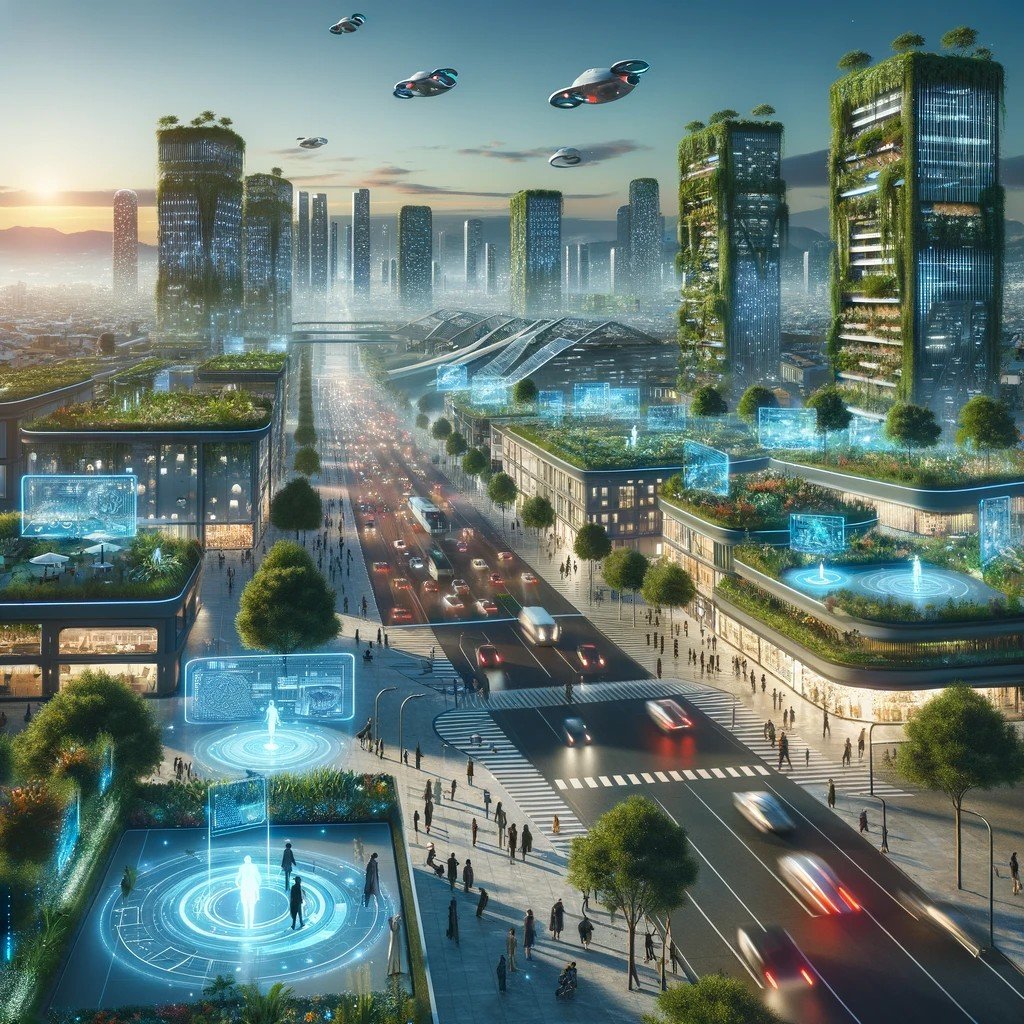The arrival of artificial intelligence (AI) marks a new era of innovation, redefining the way we live, work and relate. With the introduction of GPT-4 by OpenAI in 2023, AI has reached new horizons in language understanding and generation, opening doors to revolutionary applications in education, programming and beyond.
In the field of health, AI is making a difference, as demonstrated by the algorithm developed in 2022 by Stanford University, capable of predicting heart failure years before its manifestation. This advance not only promises to save lives but also personalize medical treatment.
Human creativity finds itself in a unique symbiosis with AI, with tools like DALL-E 2 challenging the boundaries of traditional art and offering new avenues of expression.
As AI becomes integrated into our lives, significant ethical questions arise. Initiatives such as the Harvard AI Ethics Project seek to ensure that AI development benefits everyone, while maintaining a responsible approach.
The age of AI invites us to imagine a future where technology expands our capabilities and improves our lives, always guided by ethical principles.
The artificial intelligence revolution does not stop in the fields already mentioned; Its impact also extends to the financial sector, where advanced AI algorithms are transforming the investment and banking landscape. AI-powered predictive analytics tools are enabling investors to identify market opportunities with unprecedented accuracy, while intelligent chatbots offer personalized financial advice, democratizing access to financial information. This transformation is not only improving efficiency and accuracy in financial decision-making, but is also introducing a level of personalization in financial services that was unimaginable just a decade ago.
On the other hand, education is undergoing a metamorphosis thanks to artificial intelligence. Personalized AI systems are designing learning paths adapted to the needs and pace of each student, marking the end of monolithic teaching and the beginning of an era of personalized education. These systems can identify areas where students need additional support and adjust content to ensure understanding. Additionally, AI’s ability to process and analyze large volumes of educational data is providing educators and policymakers with valuable insights to improve education systems globally. This student-centered approach has the potential to revolutionize education, making it more inclusive and effective.
Finally, the development of artificial intelligence is driving significant advances in sustainability and environmental management. AI algorithms are being used to optimize the use of natural resources, from water management to precision agriculture, reducing waste and improving efficiency. Additionally, AI is playing a crucial role in the fight against climate change, analyzing huge climate data sets to predict environmental changes and assist in planning more sustainable cities. These advances not only have the potential to mitigate negative impacts on the environment but also promote a greener and more sustainable future for generations to come.
Exploring the Future of Urban Life: How Artificial Intelligence Shapes Our Cities More about AI
